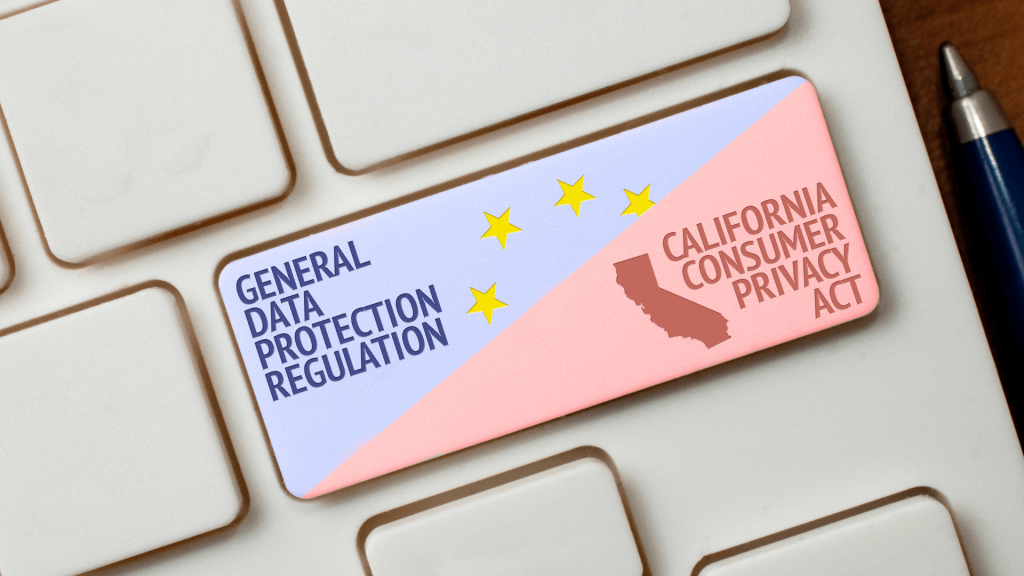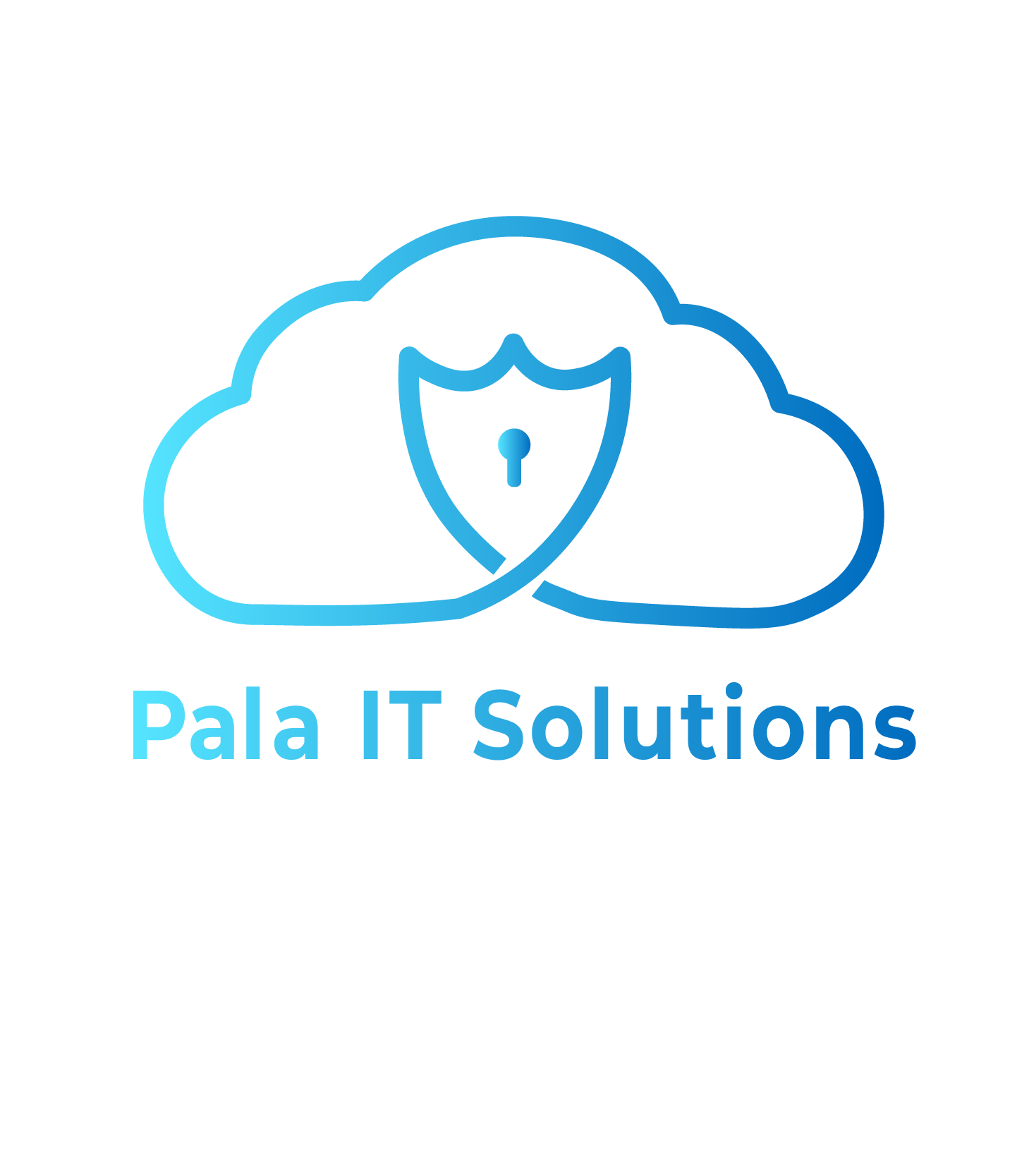The Importance of IT Compliance: Ensuring Data Security and Privacy
In today’s digital era, the importance of IT compliance has never been more critical. With the increasing reliance on technology, protecting sensitive information and maintaining data compliance have become paramount for organizations. IT compliance refers to adhering to legal, regulatory, and industry-specific requirements to safeguard data integrity, security, and privacy. Let’s explore the importance of IT compliance and how companies can effectively maintain data compliance within their organization. Additionally, we’ll delve into the role of Managed Service Providers (MSPs) in assisting businesses in maintaining compliance.
The Importance of IT Compliance
- Data Security and Privacy: IT compliance frameworks help organizations establish robust security measures to safeguard sensitive information from unauthorized access, breaches, and cyber threats. Compliance standards ensure the implementation of appropriate controls, encryption, and access management, thereby reducing the risk of data loss or theft.
- Legal and Regulatory Requirements: Governments around the world have enacted laws and regulations to protect consumer data and ensure transparency in data handling practices. By complying with these regulations, such as the General Data Protection Regulation (GDPR) in Europe or the California Consumer Privacy Act (CCPA) in the United States, is crucial to avoid legal penalties, reputational damage, and loss of customer trust.


- Risk Mitigation: IT compliance programs enable organizations to identify potential risks and vulnerabilities within their IT infrastructure. By implementing controls and conducting regular audits, companies can proactively mitigate risks, prevent security incidents, and minimize financial losses associated with breaches or non-compliance.
Maintaining Data Compliance within Organizations
- Assess Regulatory Landscape: Companies must first identify the applicable laws, regulations, and industry standards specific to their business. This assessment should include data protection laws, data retention requirements, data transfer restrictions, and any other relevant compliance obligations.
- Develop Comprehensive Policies and Procedures: Organizations should establish well-defined policies and procedures that outline how data will be collected, processed, stored, and shared within the company. These policies should be regularly reviewed, updated, and communicated to all employees to ensure adherence to compliance requirements.
- Conduct Regular Risk Assessments: Regular risk assessments and vulnerability scans help identify potential security gaps in the IT infrastructure. By identifying weaknesses, organizations can take proactive steps to address them, reducing the likelihood of data breaches and non-compliance.
- Implement Security Controls: Organizations must implement appropriate security controls to protect data and ensure compliance. And, this includes measures such as access controls, encryption, network security, regular system patching, and secure data disposal.
- Employee Training and Awareness: Employee training is crucial to ensure that all staff members understand their roles and responsibilities regarding data privacy and security. Regular awareness programs can educate employees about best practices, data handling procedures, and the consequences of non-compliance.
The Role of Managed Service Providers (MSPs) in Maintaining Compliance:
Managed Service Providers play a crucial role in assisting companies in maintaining IT compliance. Here’s how MSPs can provide valuable support:
- Expertise and Knowledge: MSPs have extensive experience and expertise in IT compliance frameworks and regulations. They stay updated with the latest industry standards and best practices, enabling businesses to navigate complex compliance requirements effectively.
- Risk Assessment and Compliance Audits: MSPs can perform comprehensive risk assessments and compliance audits to identify vulnerabilities, gaps, and areas of non-compliance. These assessments help businesses understand their compliance status and implement remediation measures.
- Robust Security Solutions: MSPs can provide organizations with robust security solutions, including firewalls, intrusion detection systems, data encryption, and advanced threat detection. By implementing these solutions, businesses can enhance their data security and meet compliance requirements.
- Monitoring and Incident Response: MSPs can monitor IT systems and networks in real-time and detect potential security incidents.
How Pala IT Can Provide Robust Compliance Support
Pala IT, as a Managed Service Provider (MSP), offers comprehensive support to businesses in maintaining IT compliance. With their expertise and specialized services, Pala IT can assist organizations in addressing compliance challenges effectively. Here’s how Pala IT can provide robust support:
Compliance Consulting:
Pala IT’s team of experienced professionals can provide expert guidance and consulting services to help businesses understand and navigate the complex landscape of IT compliance. They can assess the organization’s specific compliance needs, identify applicable regulations and frameworks, and develop tailored strategies to meet compliance requirements.
Compliance Audits and Assessments:
Pala IT conducts thorough compliance audits and assessments to evaluate the organization’s existing IT infrastructure, policies, and procedures. And, by identifying areas of non-compliance or potential vulnerabilities, they enable businesses to take proactive measures to address gaps and ensure adherence to regulatory standards.
Policy and Procedure Development:
Pala IT assists businesses in developing comprehensive policies and procedures that align with industry-specific compliance requirements. They work closely with organizations to create customized frameworks for data handling, access controls, incident response, and disaster recovery, ensuring compliance with relevant regulations.
Security Solutions Implementation:
Pala IT offers a range of security solutions to enhance data protection and meet compliance obligations. They can deploy robust firewalls, intrusion detection systems, encryption tools, and vulnerability management systems to safeguard sensitive information. These solutions are designed to align with compliance standards and provide proactive security measures.
Data Governance and Privacy:
Pala IT helps businesses establish robust data governance frameworks to ensure the privacy and integrity of sensitive information. Additionally, they assist in developing data classification and retention policies, implementing privacy controls, and facilitating compliance with data protection regulations such as GDPR or CCPA.
Employee Training and Awareness:
Pala IT recognizes the importance of employee training and awareness in maintaining compliance. They provide training programs and workshops to educate staff members on data handling best practices, security protocols, and compliance obligations. Additionally, by empowering employees with the necessary knowledge, Pala IT helps organizations create a culture of compliance.
Ongoing Monitoring and Support:
Pala IT offers continuous monitoring and support services to ensure sustained compliance. They proactively monitor IT systems, networks, and security events, promptly addressing any potential issues or breaches. Therefore, by providing real-time alerts and incident response services, Pala IT minimizes the impact of security incidents and helps organizations maintain compliance.
IT compliance is crucial for businesses to protect sensitive data, adhere to legal and regulatory requirements, and mitigate risks associated with data breaches. Pala IT, as a trusted MSP, offers comprehensive support in maintaining compliance. With their expertise in compliance consulting, audits, policy development, security solutions, employee training, and ongoing support, Pala IT assists organizations in effectively navigating the complex landscape of IT compliance, ensuring data security, privacy, and regulatory adherence. Therefore, by partnering with Pala IT, businesses can focus on their core operations while relying on expert support to maintain robust IT compliance.








